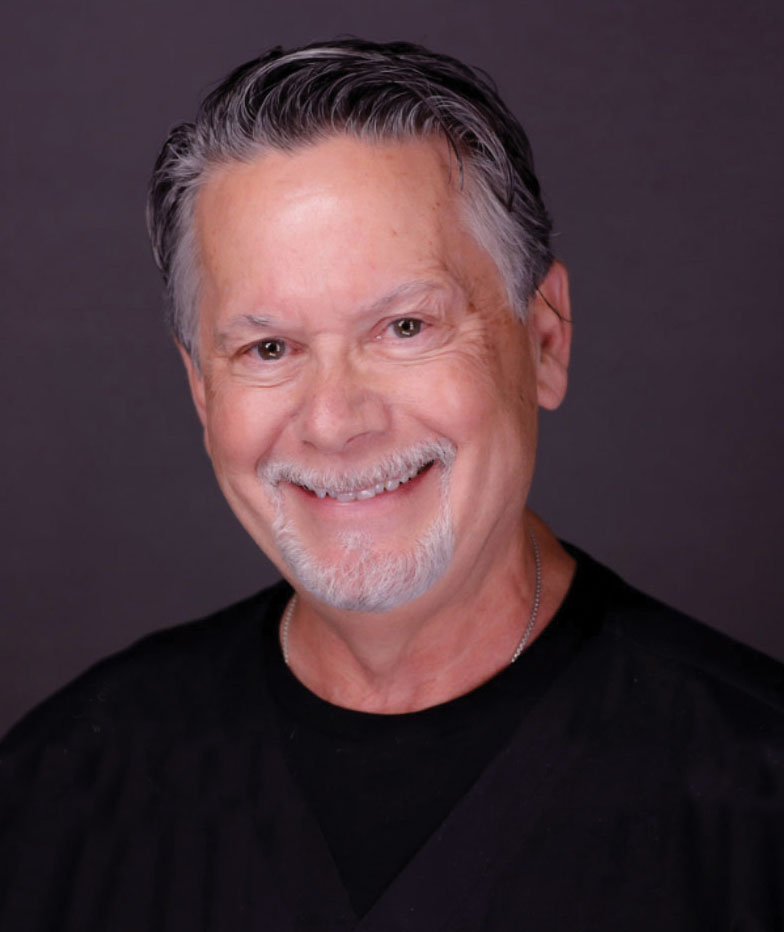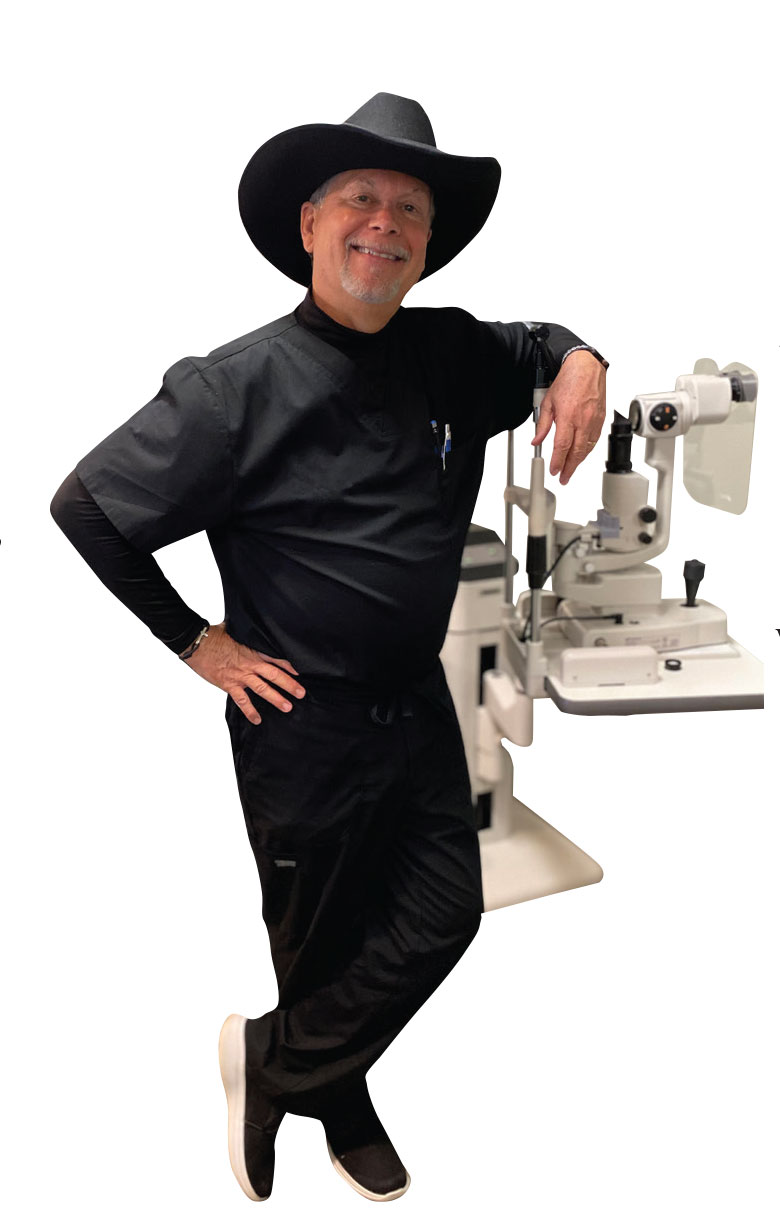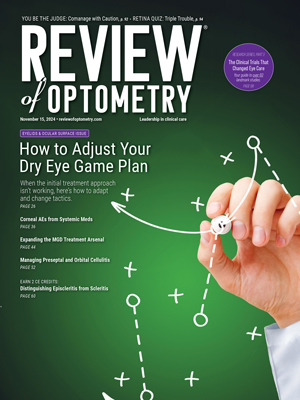 |
I have been writing for Review of Optometry for like, I don’t know, let’s say 34 years. Once a month. That’s like, I don’t know, 408 columns, give or take, if you forget the, I don’t know, seven or eight different editors whose careers have been nearly destroyed by having to keep me from writing about, I don’t know, stuff that would probably not be appropriate if read aloud at a, I don’t know, funeral. Hopefully these once respected and previously thought-to-be-talented editors have landed, I don’t know, real jobs editing important articles like, I don’t know, Oprah’s Top 10 Worries. I don’t know, but I guess money isn’t one of them…just a hunch.
So, after pouring out more BS than all the steers in Texas, you would think I could come up with a “disclosure” or two but, no. None. Why?
I don’t know.
I’ve decided to start pursuing my own set of disclosures. It turns out that you have to actually be considered both an expert in something related to optometry and also valuable as an asset to the company that you list. Now, this has confused me when my understanding is that an optometric company cannot give you an ink pen without severe penalties, but they can call you a consultant and then you can stick them on your list of disclosures.
In the late ’80s, my son dared me to sneak the word “narwhal” into a column. I did, and despite the fact that no other optometric writer in history has ever mentioned this unusual creature in any study or journal article in history, I have yet to hear from the Narwhals Awareness Association to invite me to add them to my empty disclosure list.
 |
As a loyal reader, you definitely know that I have also extensively discussed optometry and Thor, God of Thunder. The connections between Thor and any random optometrist are so obvious I will spare you the details, but have I been contacted by Marvel Comics? Nope.
I have mentioned how colonoscopies can help our new graduates succeed. No. Please. You missed that one? OK, here’s the condensed version, one last time: If you are a new grad and you go to a CE meeting, only hang around other optometrists who can attest that they have had more than two colonoscopies. They’ve been in practice long enough to actually know something that your young co-grads do not. This information is invaluable!
I came close to getting a disclosure on that one because my gastroenterologist knew somebody who knew somebody’s cousin who met a guy who wholesales slightly used but refurbished endoscopes on the black market for a BOGO colonoscopy place in North Dakota. If you’re up there, I have a coupon for $5 off that expires this month.
I know optometrists who have, like, 40 different disclosures. When they speak for an hour of CE, 23 minutes is them reading the list of companies before they spend the next 15 minutes teaching you why you should buy stuff from these companies. The other 22 minutes is spent answering asinine questions from that guy we all know who always sits in the front row. Can’t stand him.
Of course, disclosures are a way to help us understand any possible odor of collusion or outright biases that may sneak into our CE presenter’s case studies, so we take whatever he or she may say with a grain of salt. Sure… yeah, buddy… that dry eye patient should use your disclosure’s stuff. What’s next? Eleven-year-old myopes need glasses to see better? I wasn’t born yesterday.
Poke ’em with a narwhal tusk. That’ll tear them up, I am sure.
Dr. Vickers received his optometry degree from the Pennsylvania College of Optometry in 1979 and was clinical director at Vision Associates in St. Albans, WV, for 36 years. He is now in private practice in Dallas, where he continues to practice full-scope optometry. He has no financial interests to disclose.

